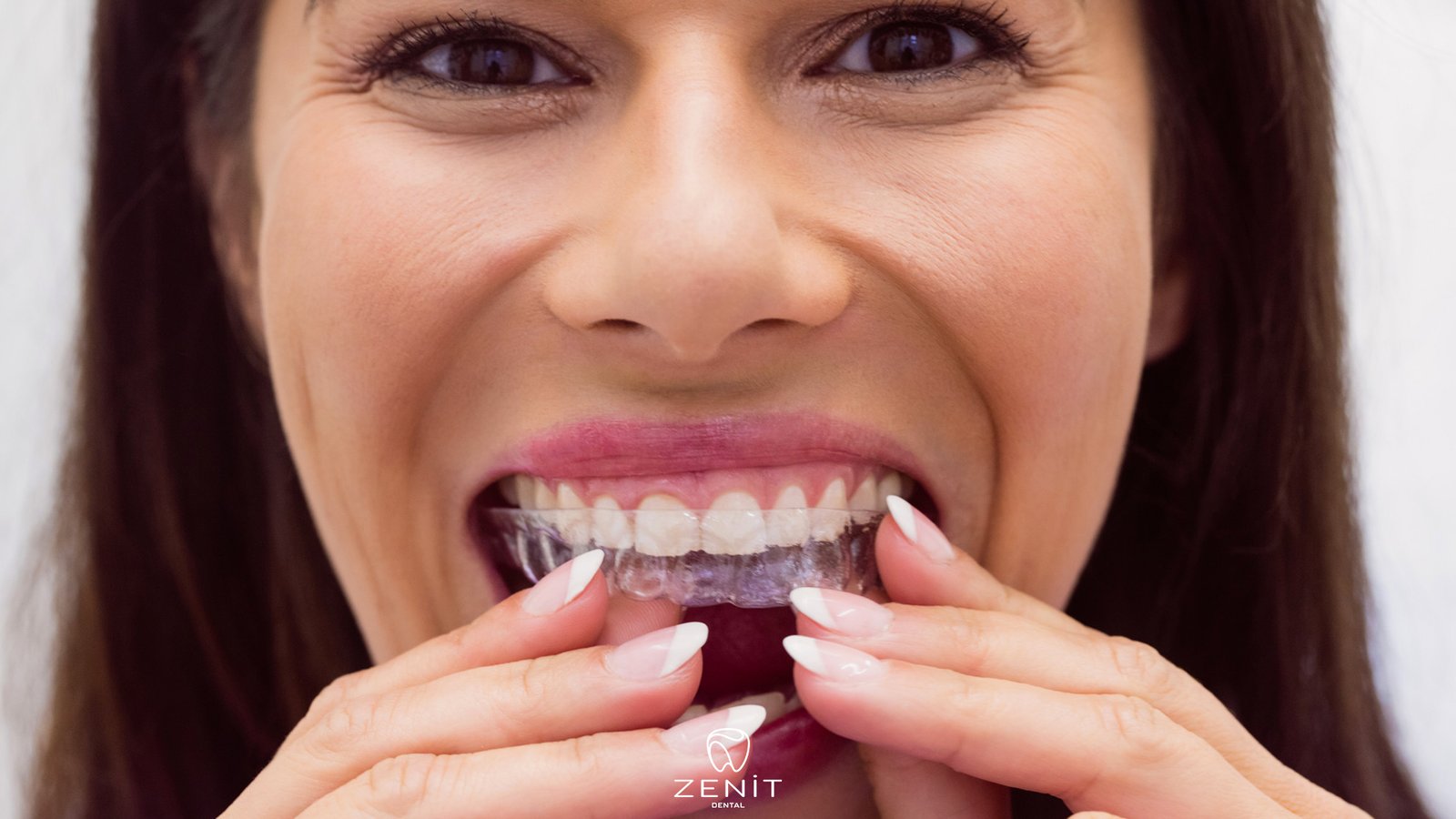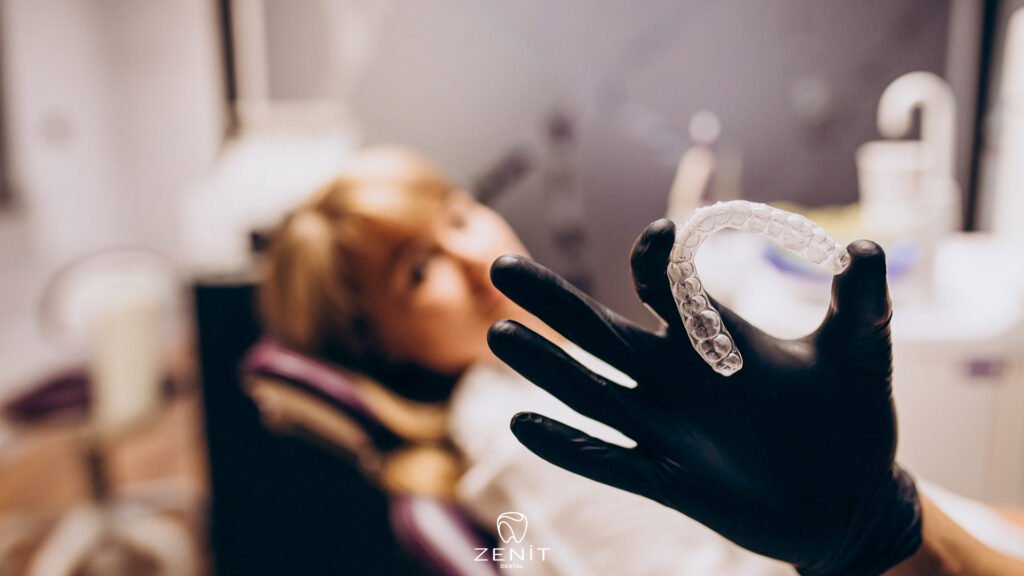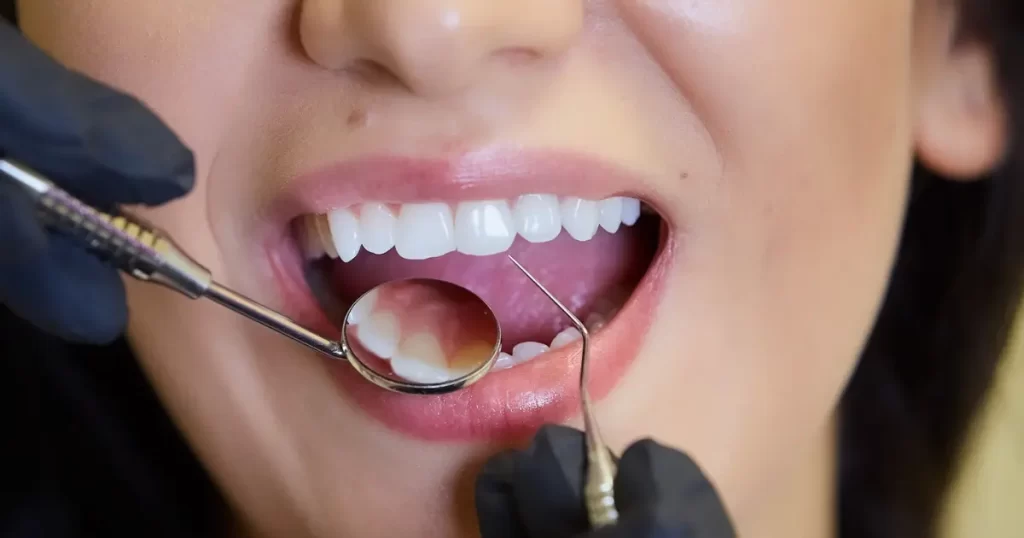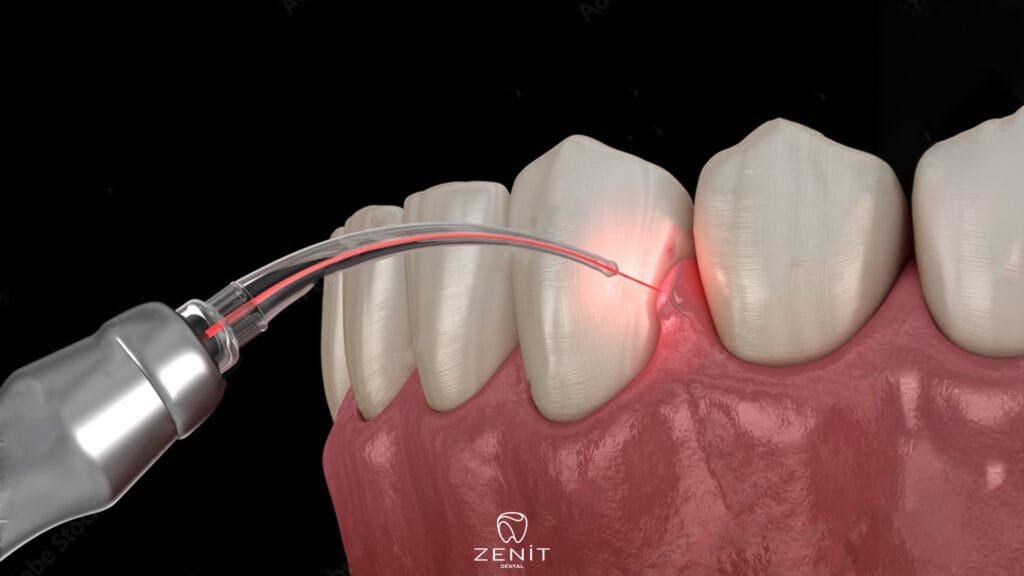Teeth Grinding
The fast-paced lifestyle of today and increasing stress levels have made problems like teeth grinding (bruxism) more common. In this article, I will delve into an in-depth examination of the issue of teeth grinding.
What is Teeth Grinding?
Teeth grinding is a behavioral disorder that involves the unconscious clenching or rubbing of the teeth. This condition often occurs during sleep, so many people may not even be aware of this habit. However, over time, it can damage the teeth and jaw. Bruxism is divided into two main categories: nocturnal (nighttime) grinding and diurnal (daytime) grinding.
Causes of Teeth Grinding
The causes of teeth grinding are complex and can vary from person to person. Here are some of the most common reasons:
- Stress and Anxiety: Stress and anxiety are leading causes of teeth grinding. Tension can lead to clenching the jaw muscles and grinding teeth. Life’s challenges such as work stress, family issues, or financial difficulties can trigger bruxism, especially during sleep.
- Malocclusion (Dental Misalignment): Misaligned or improperly aligned teeth can increase the risk of teeth grinding. When teeth don’t fit together properly, it can increase pressure on the jaw, promoting teeth grinding.
- Alcohol and Caffeine: Excessive consumption of alcoholic and caffeinated beverages can increase the tendency to grind teeth. These substances can increase muscle tension in the body, contributing to bruxism. Alcohol can also negatively affect sleep quality.
- Smoking: Smoking can increase the risk of teeth grinding by inducing jaw muscle tension and overall muscle tightness, mainly due to nicotine present in tobacco.
- Genetic Factors: Family history can influence the risk of bruxism. If a family member has a history of teeth grinding, it may increase the likelihood of other family members experiencing it as well.
Symptoms of Teeth Grinding

The symptoms of teeth grinding can vary from person to person, but below are some of the most common ones:
- Tooth Wear: Teeth grinding can lead to the wearing down of teeth and even cause cracks. This can compromise tooth structure and lead to further problems.
- Headaches: Headaches are a frequent result of teeth grinding. They can be severe and negatively impact a person’s quality of life.
- Jaw Pain: Pain or tension in the jaw and facial muscles is a common symptom. These pains can become chronic over time and limit jaw movements.
- Insomnia: Teeth grinding can disrupt sleep and lead to sleep problems. Individuals may not feel rested in the morning and experience fatigue throughout the day.
- Earaches: Earaches are also commonly associated with teeth grinding. This may result from the tension radiating from the jaw muscles to the ear area.
- Tooth Sensitivity: Teeth grinding can cause tooth sensitivity, making them more sensitive to hot and cold foods.
- Tooth Loss: Prolonged and severe teeth grinding can lead to tooth wear and even tooth loss.
Treatment Options for Teeth Grinding

There are a variety of treatment options available to address teeth grinding, and the approach to treatment may vary depending on the individual’s specific situation and the severity of their symptoms. Here are some effective treatment options:
- Night Guards (Bruxism Splints): These custom-made mouthguards can help prevent teeth grinding and protect the teeth from damage. Night guards provide a comfortable night’s sleep while safeguarding the teeth. A dentist can fit an individual with a customized guard to ensure tooth protection during sleep.
- Stress Management: Stress management techniques can reduce the risk of teeth grinding. Methods such as yoga, meditation, deep breathing exercises, regular exercise, and therapeutic massage can help reduce stress, which may effectively address the root causes of bruxism.
- Dental Alignment Treatments: If there is an issue with malocclusion (misalignment of the teeth), orthodontic treatments or the use of dental braces can alleviate teeth grinding. Proper alignment of the teeth can reduce pressure on the jaw.
- Medications: In some cases, doctors may recommend muscle relaxants or antidepressants. These medications can reduce muscle tension and the frequency of teeth grinding. However, long-term use of these medications may have side effects and should be used under the supervision of a healthcare professional.
- Physical Therapy: Physical therapy can help relax the jaw muscles. Physical therapists may use exercises and massage techniques to improve jaw movements and reduce tension.
- Psychotherapy: In cases where teeth grinding has psychological origins, psychotherapy can be beneficial in understanding and controlling the behavior. Therapists can address underlying stress and anxiety triggers and provide guidance in resolving these issues.
- Botulinum Toxin (Botox) Injections: This method can be used to control excessive jaw muscle tension. However, it is generally considered when other treatments have been unsuccessful. Botox injections temporarily paralyze the jaw muscles when injected into them.
- Biofeedback Therapy: In biofeedback therapy, individuals are trained to monitor physiological indicators such as body temperature, muscle tension, and other signals. This allows individuals to learn how to control these indicators during teeth grinding episodes.
Conclusion
Teeth grinding can be a serious issue and may harm your teeth and jaw. Early diagnosis and treatment can prevent its progression and enhance your quality of life. The most suitable treatment method to manage teeth grinding should be determined in line with the recommendations of a specialist. Therefore, if you have any symptoms or concerns about teeth grinding, it’s important to consult with a dentist or sleep specialist. Keep in mind that a healthy mouth and restful sleep are crucial for your overall health and quality of life. Overcoming teeth grinding can improve your quality of life and protect your teeth. Remember, everyone’s treatment needs are different, so consulting with a professional is the best approach.






